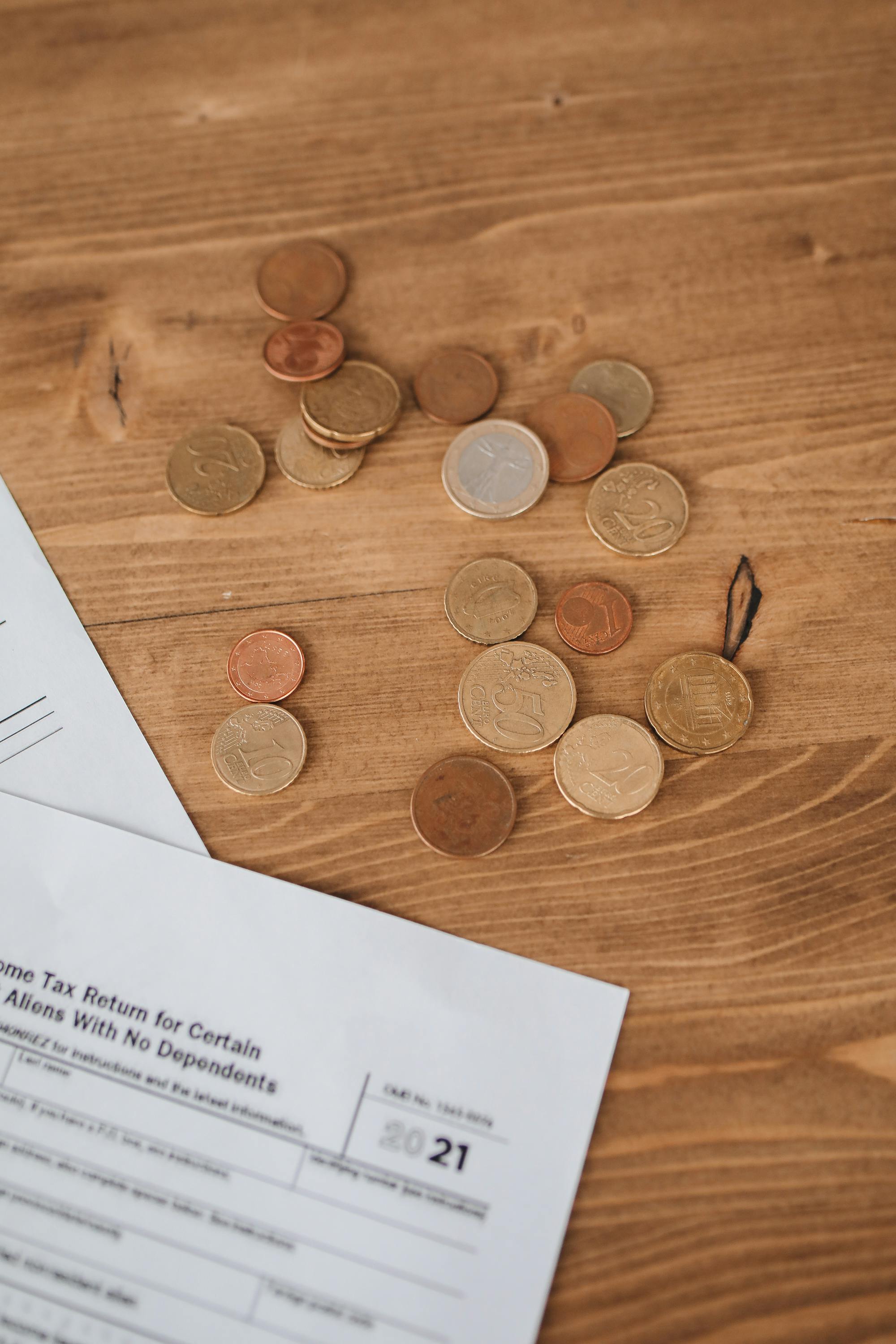
Effective Ways to Unclog a Kitchen Sink with Standing Water
A clogged kitchen sink can be a frustrating issue, particularly when it’s filled with standing water. Understanding the causes and solutions for kitchen sink blockages is essential for maintaining a functional home. This article explores effective ways to unclog a kitchen sink, focusing on various drain cleaning methods, household plumbing solutions, and preventive maintenance tips. Whether it's grease accumulation or a foreign object lodged in the drain, our guide will help you troubleshoot and fix your kitchen plumbing problems with ease. We will also touch on the importance of ongoing sink maintenance to prevent clogs from reoccurring.
By the end of this article, you'll be equipped with the knowledge and tools you need to remove standing water from your sink, restore water flow, and keep your kitchen drain functioning optimally.
Understanding Household Sink Blockage
Before diving into unclogging techniques, it's important to understand the typical causes of kitchen sink blockages. Commonly, clogs can occur due to food particles, grease, soap buildup, and even hair accumulating in the drain.
Signs of Kitchen Sink Blockages
Identifying the signs of potential clogs early can save you from the hassle of extensive plumbing repairs. Watch for:
- Slow drainage when using the sink.
- Gurgling sounds emerging from the sink or drain.
- Unpleasant odors emanating from the drainage area.
- Pooling of water around the sink.
If you notice any of these signs, it may be time to take action before the situation worsens.
Impact of Grease on Sink Performance
Grease buildup is one of the leading causes of kitchen sink clogs. When grease dries, it creates a thick residue that can trap food particles and other debris, leading to slow drainage or complete blockages. Regularly cleaning your sink and avoiding pouring grease directly down the drain can facilitate better water flow.
Common Clogging Reasons
Besides grease, many household items can inadvertently cause blockages. For example, coffee grounds, pieces of food, and even small utensils can easily lead to issues. Additionally, sediment buildup in older plumbing systems can exacerbate the situation, so keeping tabs on your plumbing is key.
Ready-to-Use Kitchen Plumbing Solutions
Identifying the right methods to tackle a clogged kitchen sink can make all the difference. Here are some effective drain cleaning methods to explore.
Using the Plunger for Kitchen Sink Clogs
The plunger is a classic and effective tool for unclogging sinks. By creating pressure and suction, this method can dislodge any blockages. To use a plunger effectively, ensure that the sink is filled enough to cover the plunger cup, creating a seal. Use firm, consistent thrusts to create suction, which may help dislodge the clog. It’s advisable to repeat this process a few times to see results.
Baking Soda and Vinegar Method
This natural unclogging solution combines the fizzing reaction of baking soda and vinegar, which can help break down minor clogs. Pour a cup of baking soda followed by a cup of vinegar into the drain, and cover it with a rag to keep the reaction contained. Wait about 30 minutes, then flush with hot water. This method not only helps clear blockages but also deodorizes the drain.
How to Use a Drain Auger
For tougher clogs, a drain auger (or plumber’s snake) is an invaluable tool. To use it, insert the auger into the drain, cranking the handle as you push through the pipe. As it encounters resistance, continue turning to break apart the clog. This method is particularly useful for clearing out hair and other debris from deeper within the plumbing system.
The Role of Chemical Drain Cleaners
While chemical drain cleaners can offer quick fixes, they should be used with caution. These products contain harsh substances that can harm plumbing if overused. If necessary, select a cleaner that aligns with your plumbing materials, and ensure proper ventilation while handling these substances.
Natural Unclogging Solutions for Sustainable Maintenance
For homeowners looking to maintain their sink’s health without harsh chemicals, several natural methods can be effective. Regular use of hot water can prevent grease build-up, while ingredients such as table salt can help with minor blockages when mixed with vinegar.
Routine Sink Maintenance Tips
Preventing clogs is always preferable to fixing them. Here are some recommendations:
- Regularly clean the sink trap to remove buildup.
- Invest in a sink strainer to catch debris before it enters the drain.
- Avoid pouring grease or fibrous foods down the sink.
How to Clean Sink Pipes
Periodically cleaning the sink pipes can promote effective drainage. Disassembling the trap allows you to remove debris and buildup manually. Always remember to have a bucket underneath to catch any leftover water.
Emergency Plumbing Solutions for Immediate Action
In cases of severe clogs that aren't relieved by common methods, calling a professional plumbing service may be necessary. Be sure to recognize when DIY attempts are futile to prevent further damage.
Q&A: Troubleshooting Sink Clogs
What should I do if my kitchen sink is still clogged after trying these methods?
If your sink remains clogged despite multiple attempts at unclogging, it may be time to consult a plumber. Persistent clogs could indicate deeper plumbing issues.
Are there any household tips for maintaining my sink to prevent blockages?
Yes! Regularly cleaning your sink trap, using hot water, and being mindful of what goes down the drain are effective practices.
How often should I check my kitchen plumbing for issues?
Regular plumbing inspections (at least twice a year) can help identify potential problems early, saving hassle and expense later.
 example.com/image2.png
example.com/image2.png
 example.com/image3.png
example.com/image3.png